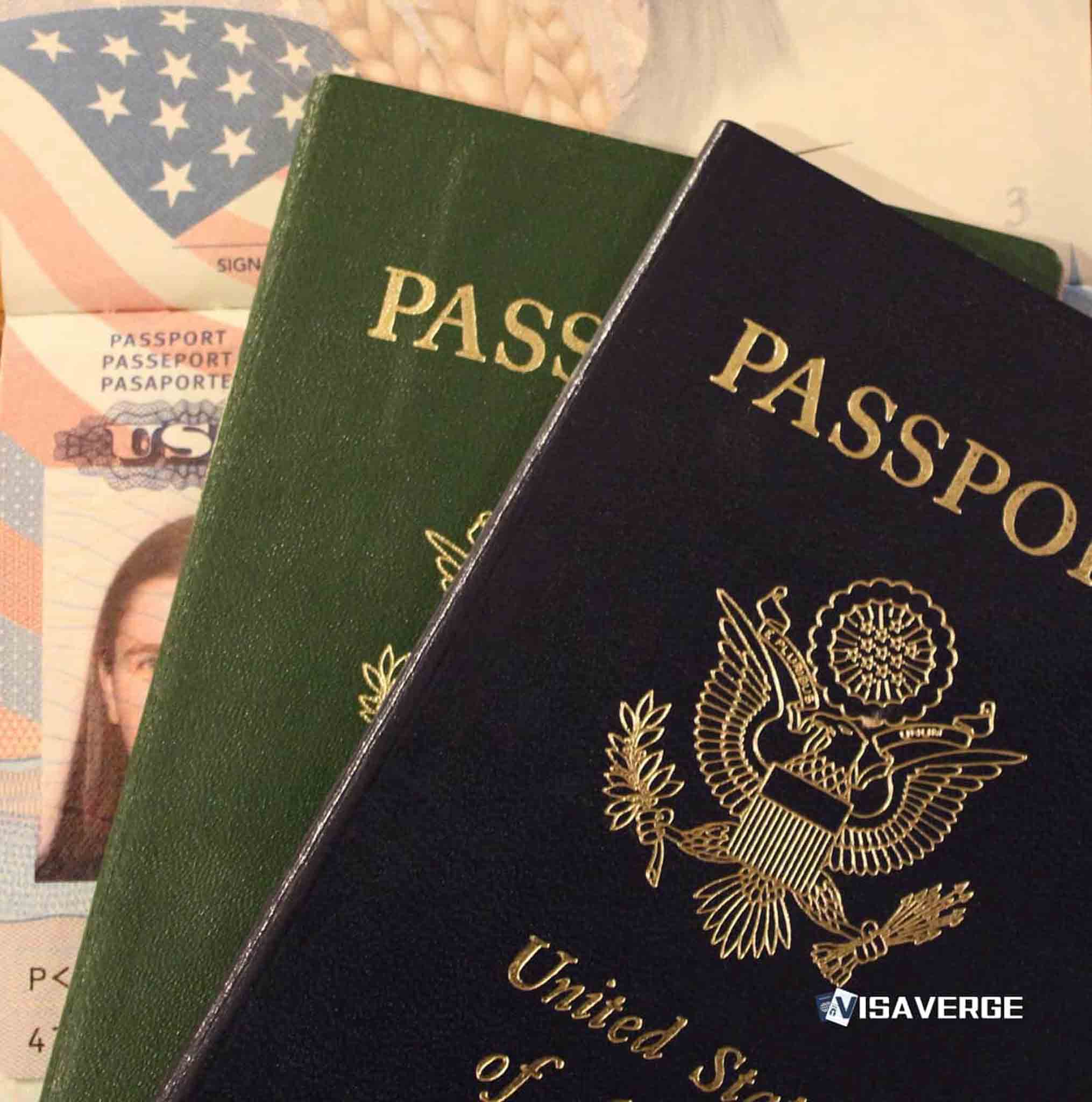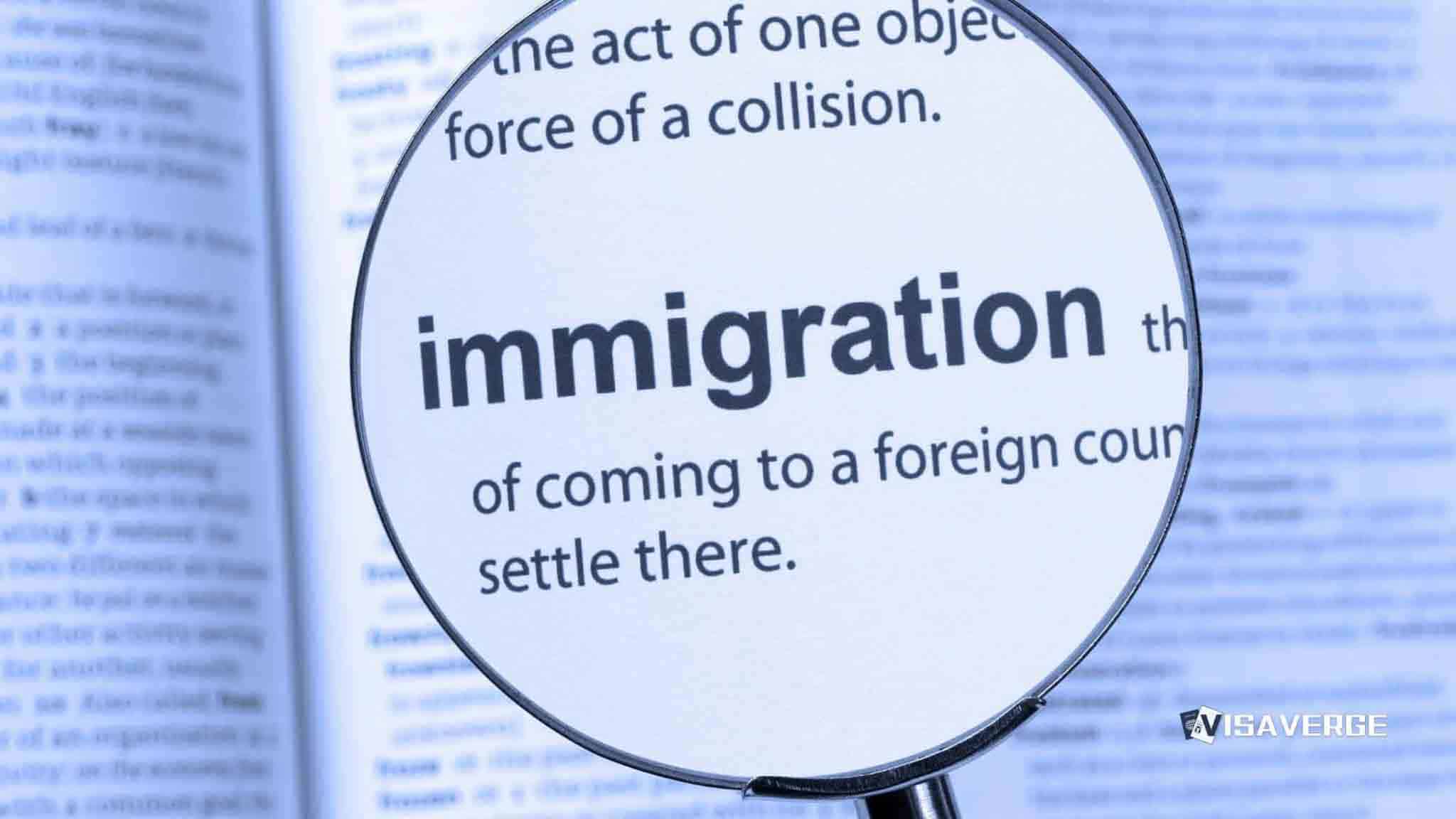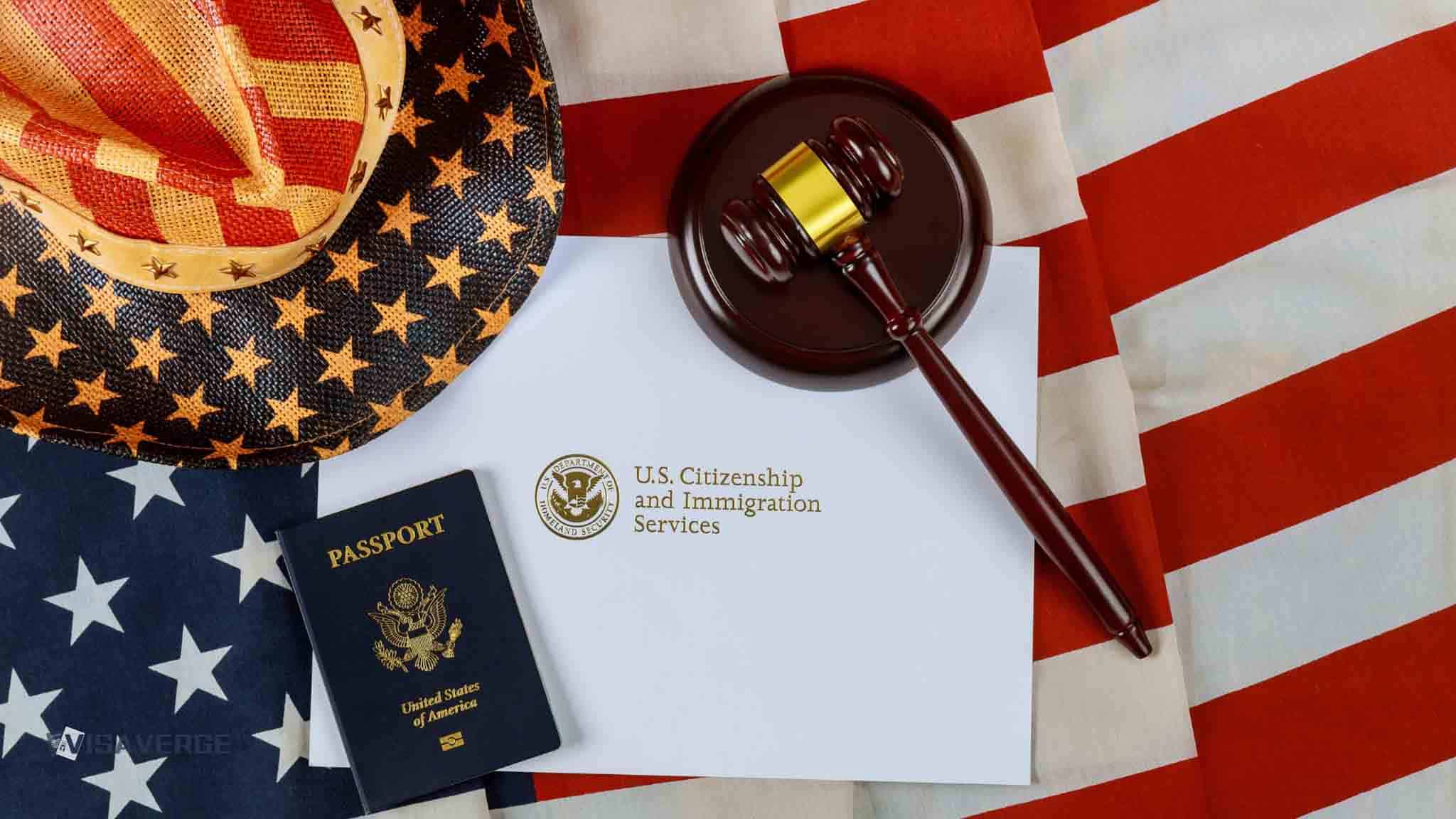(UNITED STATES (OR WASHINGTON, D.C.)) U.S. consulates abroad are open and handling visa and passport services despite the 2025 government shutdown, but travelers and families should brace for longer lines, fewer appointment times, and slower case movement than they saw before the funding lapse.
As of November 2025, the State Department says these services remain available because they are largely paid by fees, which means they are shielded from the worst effects of a shutdown. Even so, many applicants are experiencing delays caused by limited staff and slower reviews that depend on other federal agencies.

Current service availability and what to expect
- Consulates remain open and continue to schedule appointments for nonimmigrant visas and immigrant interviews, though slots often appear later than expected and can shift at short notice.
- Passports and visas are still being printed, but routine processing now takes longer as embassies and consulates operate with leaner support.
- No post has fully suspended visa services because of the shutdown, but reduced staffing and daily schedule reshuffles are common.
Core message: services are available, but expect slower timelines — from booking an interview to receiving travel documents.
Why fee funding helps — and where it falls short
The State Department’s consular operations rely on fee revenue to keep running. That structure has preserved a baseline of services through previous shutdowns and again this year.
- Benefits of fee funding:
- Keeps frontline consular windows open.
- Maintains passport and visa production capabilities in many posts.
- Limitations of fee funding:
- Security checks and background reviews often require staff and systems from other agencies (FBI, DHS) which may be operating at reduced capacity during a shutdown.
- When partner agencies scale back, cases requiring interagency review slow down, producing backlogs.
Administrative processing: the main bottleneck
A major source of delay is administrative processing (the post-interview extra review, often referenced on a 221(g) notice).
- These reviews commonly require input from other agencies.
- If those partner agencies are on reduced staffing, applicants can expect longer waits for clearance.
- Many cases will not move until partner agencies return to full staffing, and backlogs can grow daily.
Appointment availability and daily operations
Consular teams are prioritizing core services and matching appointment availability to current staffing.
- Many posts have reduced appointment windows and may reschedule applicants as workloads shift.
- In some locations, the first available appointment can be weeks later than before the shutdown.
- First-time applicants and family reunification cases tend to be hit hardest because their timelines have little slack.
Passport services (U.S. and abroad)
Passport services in the United States and at consular sections abroad continue because they are fee-funded and essential.
- Routine processing now often exceeds normal timelines, especially where local support roles are thin.
- Expedited requests generally move faster, but speed depends on post capacity.
- Emergency passport appointments remain possible for Americans abroad, but expect longer lines and shifting pick-up windows.
New interview location rule (effective November 1, 2025)
A procedural change effective November 1, 2025 requires immigrant visa applicants to attend interviews in their country of residence or country of nationality.
- Purpose: helps balance workloads and reduce travel to busier regional posts.
- Effects:
- May ease demand on some regional posts.
- Can force families to adjust travel plans and wait for local appointment slots.
- Makes booking interviews in other countries harder for immigrant visa applicants.
Regional differences and cases with special arrangements
- Some countries (e.g., Afghanistan and Libya) already rely on alternate posts for immigrant visa processing; those reassignments continue.
- Receiving posts are cautious with scheduling and often operate with lighter interview lines.
- Applicants from such countries should expect longer waits for interview dates and post-interview adjudication.
Work and student travel (H-1B, F-1, J-1, etc.)
- H-1B professionals and other work categories face delays for appointments at high-demand posts and slower passport return times.
- If a traveler has a valid visa foil and proper supporting documents, entry to the U.S. remains possible.
- Students (F-1, J-1) should plan around school calendars and book interviews well in advance; last-minute visa needs risk missing class start dates.
- Expedited and emergency processes still exist but depend on post capacity.
Practical implications and common impacts
- The slowdown shows as a sequence of small delays that compound:
- Appointments scheduled later than expected.
- Cases lingering in “administrative processing.”
- Delivery or pick-up dates pushed back.
- Travelers sometimes try workarounds (booking in neighboring countries), but the November 1, 2025 rule and posts restricting third-country nationals limit these options.
- Consulates are prioritizing residents of their districts when capacity is tight.
Official guidance and best sources
The State Department posts service alerts and updates by location. Applicants should rely on official channels because conditions can change quickly.
- Primary source: travel.state.gov’s U.S. Visas section
- Check both the central site and the specific embassy/consulate page before booking travel.
Analysis and historical context
According to VisaVerge.com, current patterns mirror previous shutdowns:
- Essential frontline staffing keeps borders and consular windows open.
- Reduced partner-agency staffing creates backlogs and extended administrative processing.
- Recovery depends not just on the end of the shutdown, but on how fast each partner agency ramps back up — which can take weeks.
Practical advice for applicants, families, employers, and students
Consular officials and immigration attorneys give consistent recommendations:
- Book interviews as early as possible.
- Keep all documents ready and respond quickly to embassy/consulate requests.
- If placed in administrative processing, plan travel with extra buffer time.
- For families: monitor medical exam and police certificate validity; plan for re-issue if needed.
- For employers: adjust timelines for H-1B, L-1, and business travel and consider remote work while cases are pending.
- For students: book well before program start dates and prioritize uploading correct documents to avoid rework.
- Avoid nonrefundable bookings until the visa or travel document is in hand.
Important: eligibility rules have not changed because of the shutdown — only the speed of each step has slowed.
Regional variability and unpredictability
- Large, busy posts often show more stretched appointment calendars and rescheduling.
- Smaller posts may process faster but can quickly exhaust daily quotas.
- No universal timeline fits every post; conditions can vary week to week.
Final takeaway
- The State Department has not paused visa printing or implemented a blanket freeze on interviews.
- Fee revenue and essential staffing keep core consular functions operating, but wait times are higher and delays are common until the shutdown ends and partner agencies fully resume.
- Applicants who plan ahead, use official sources like travel.state.gov’s U.S. Visas section, and build flexibility into itineraries will be best positioned to complete their cases while the shutdown continues.
Frequently Asked Questions
This Article in a Nutshell
U.S. consulates are operating visa and passport services during the 2025 government shutdown because those operations are fee-funded. Expect longer waits, fewer appointment windows, and slower administrative processing when partner agencies like the FBI or DHS are reduced. Passport printing continues and expedited or emergency services are still possible depending on post capacity. A November 1, 2025 rule requires immigrant visa interviews in the applicant’s country of residence or nationality, limiting third-country bookings. Applicants should plan ahead, check travel.state.gov and embassy pages, and allow extra time.













